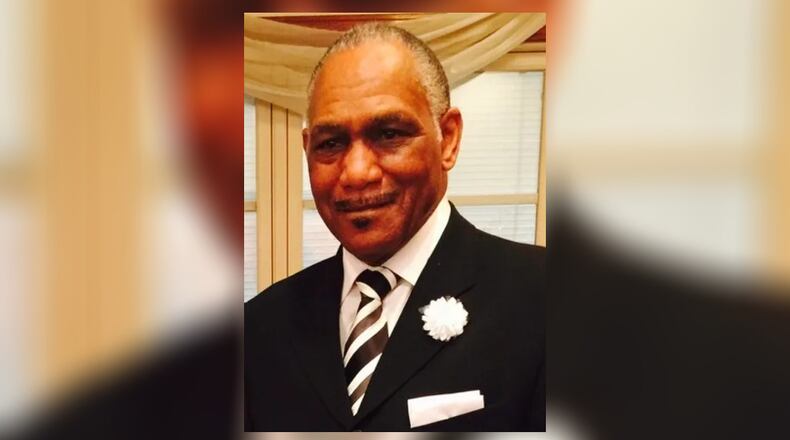I had always enjoyed talking with Officers Frazier and Holley. So, I decided to get involved in a mentoring opportunity offered by Frazier. The frequent talks provided me with an introduction to becoming a police officer. I went to Central State University during the day, worked at Frigidaire at night and gleaned knowledge from Officer Frazier whenever possible.
When the civil service exam was offered in fall of 1974, I was ready to take it. The room was filled with over 2,000 people, mostly white men. I was no stranger to taking a test. I attended and graduated from college. I passed the exam, and I was ready for the academy. But first I had to go through the hiring process consisting of application, background investigation, polygraph examination, psychological and medical examination, review board interview, and final interview with Chief Grover O’Conner.
The year was 1975. I had passed the civil service exam and completed the hiring process. On the first day of the academy, I really connected with several recruits. I had the opportunity to meet some very dedicated individuals and see how different people of diverse backgrounds interact with each other.
The course work was hard, but I enjoyed the challenge. I graduated in May and was assigned to the Fifth District. My career in law enforcement had begun.
That was fifty years ago. Today, I honestly believe that police departments locally and across America are facing a crisis of getting and keeping police officers. I found three reasons for the hiring and retention problems. Firstly, many young people are reluctant to stick it out in the academy. Secondly, the death of George Floyd and the protests that followed cause people to distrust the police. This led to communities calling for police reform. As a result, veteran police officers felt unappreciated. Thirdly, other departments are offering better pay.
I am disappointed and disgusted by the number of officers leaving the Dayton police department. According to Chief Kamran Afzal, the department has lost 52 officers in 2023 and they started understaffed in 2024. Chief Afzal states that the staffing level is 365 and the current number is 343 sworn officers. Presently, the officers are overworked, understaffed, and underpaid.
How can we address these challenges? Dr. Patrick Oliver, Director of Criminal Justice Department at Cedarville University, offers two effective recruitment tactics: 1.) Growing your own – find people who are qualified candidates but are not able to apply because of age and you mentor them. 2.) Targeted selection – knowing who you want and where to find them.
Let us support our officers and help recruit more.
Rev. Dr. David Fox is a retired police chief with 40 years of law enforcement experience.
About the Author
